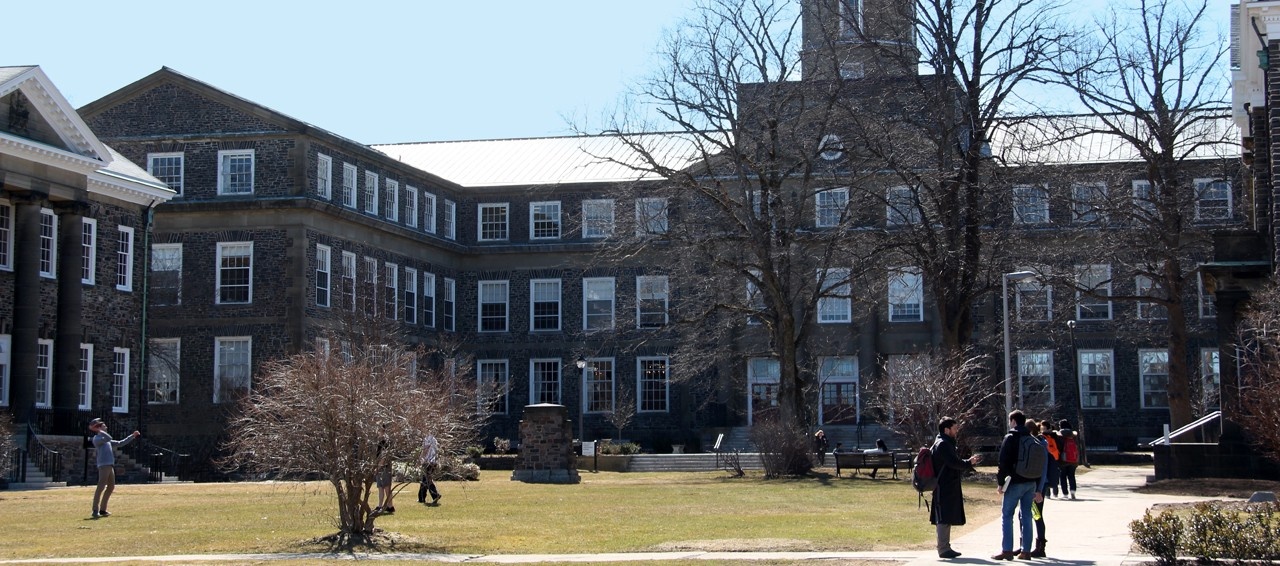Working Off Campus
On November 15, 2024,Ěý. Effective November 8, 2024, international students who qualify for off-campus work while enrolled in their program of study, are eligible to work off-campusĚýup to 24 hours per weekĚýduring regular academic sessions (Fall and Winter terms). Check if you are eligible to work off-campusĚý.
Scheduled Breaks
Many academic programs at ±«Óătv include scheduled breaks (e.g. summer and winter holidays, reading weeks, and the time between academic terms). During scheduled breaks, there is no limit on the number of hours per week international students may work off campus IF:
- their academic program includes scheduled breaks (e.g no classes during summer holidays);
- they were enrolled in full-time studies before the break; and,
- they will be enrolled in full-time studies after the break.
Academic Programs without Scheduled Breaks
However, international students who are enrolled in programs with no scheduled breaks (e.g. continuous study from start to completion) are limited to 24 hours per week of off-campus work for the duration of their program.ĚýThe only exceptions are during reading weeks and the time between academic terms
Are you eligible to work off campus?
You can work off campus without a Work Permit if you meet the following requirements:
- You have a valid study permit or you have applied to extend your study permit and have maintained status.
- Your study permit states that you are authorized work off campus (e.g. “may accept employment” or “may work”). If your study permit does not authorize you to work, you must apply toĚýamend your study permit (refer to “Amending your Study Permit” section on the Working in Canada page).Ěý
- You are registered as a full-timeĚýstudent for immigration purposes.Ěý
- You have a valid Social Insurance Number (SIN).
For more information about working off campus, eligibility requirements, and restrictions, visit the Government of Canada’s .

